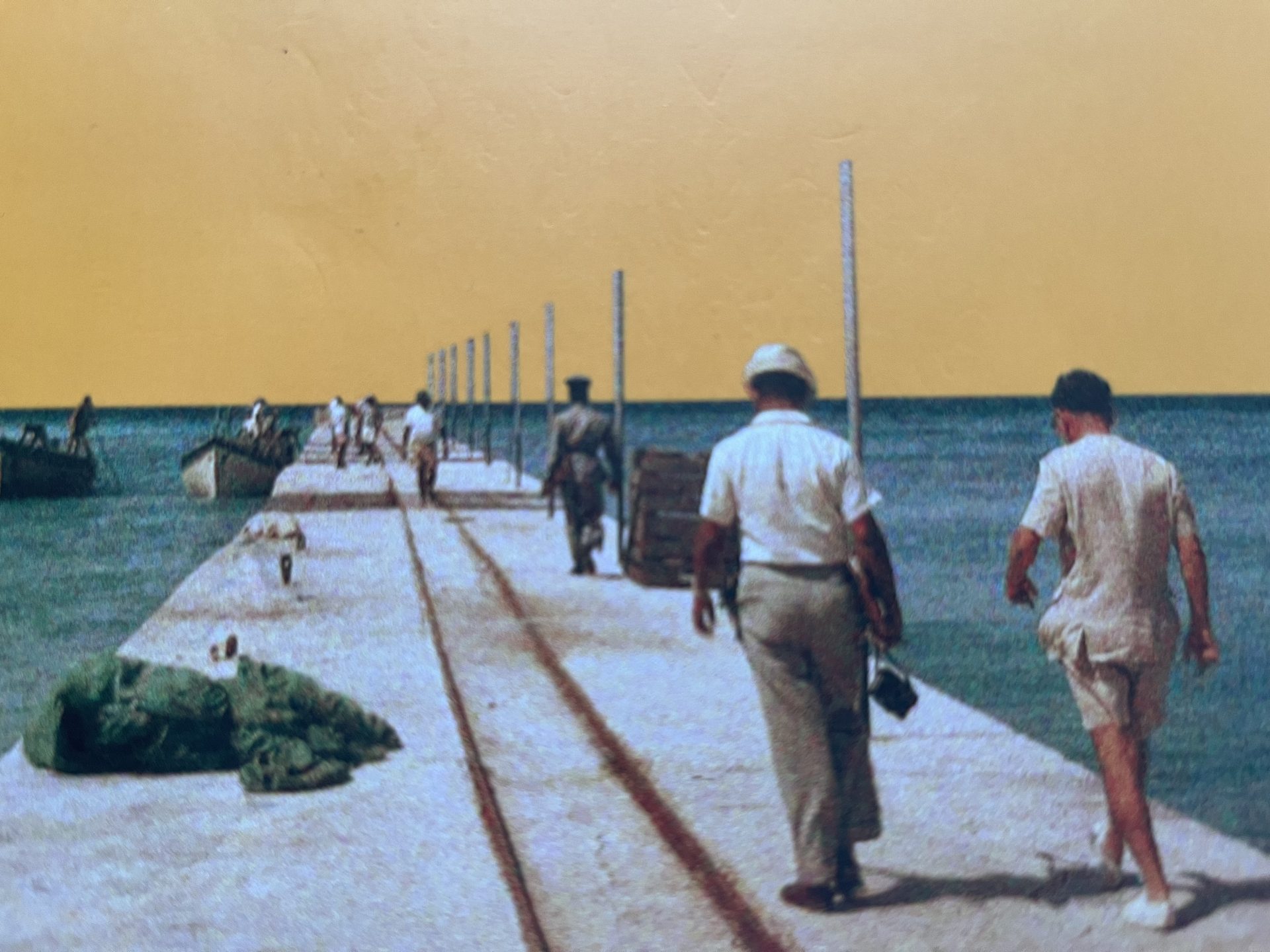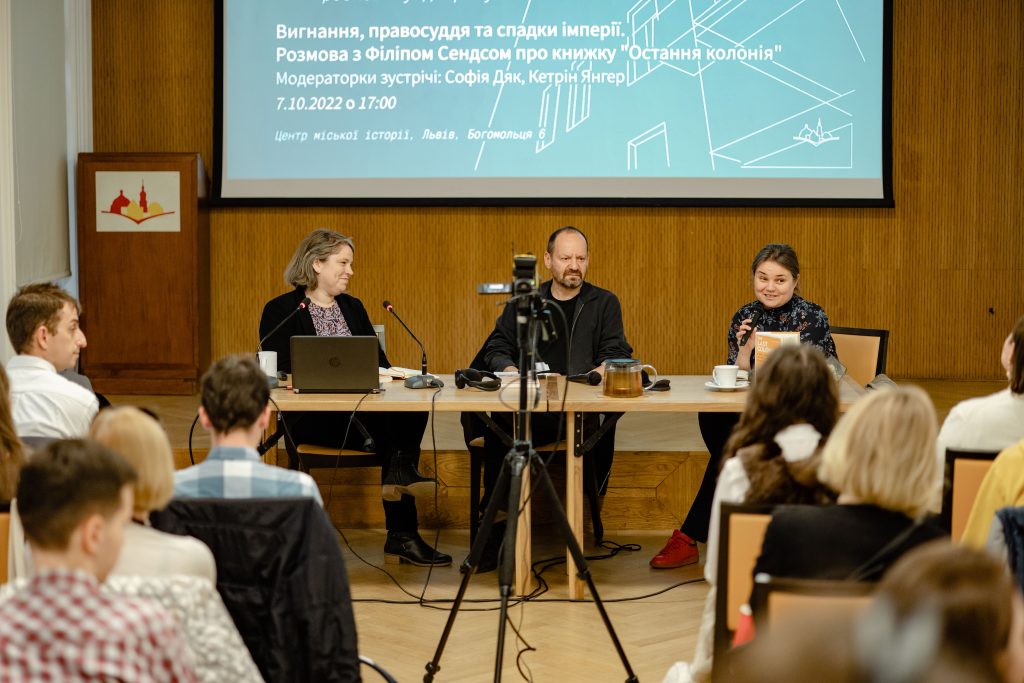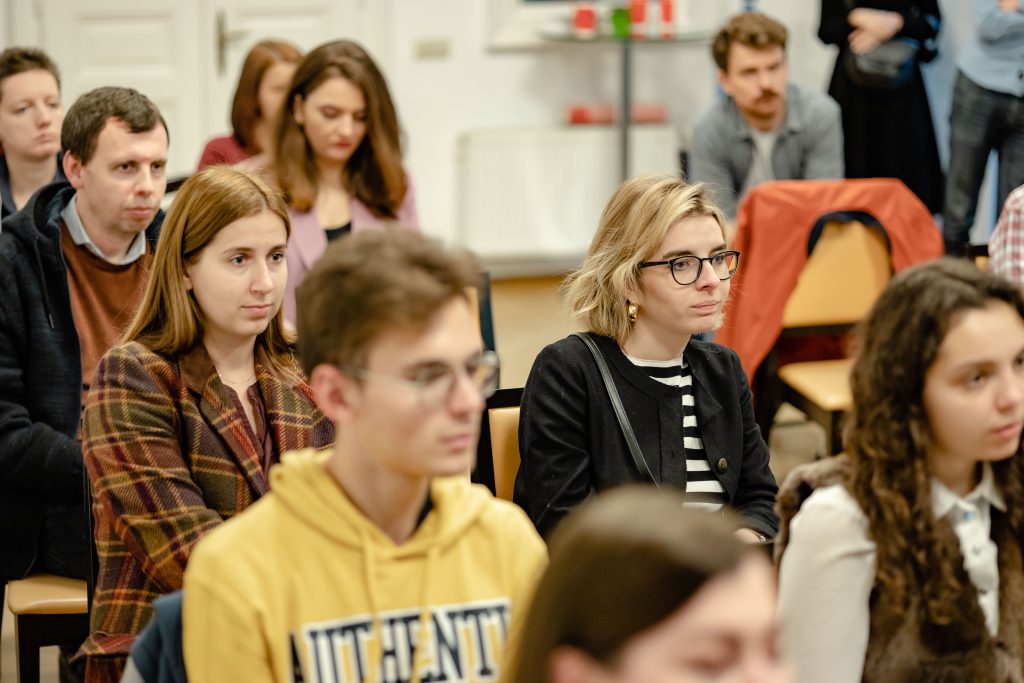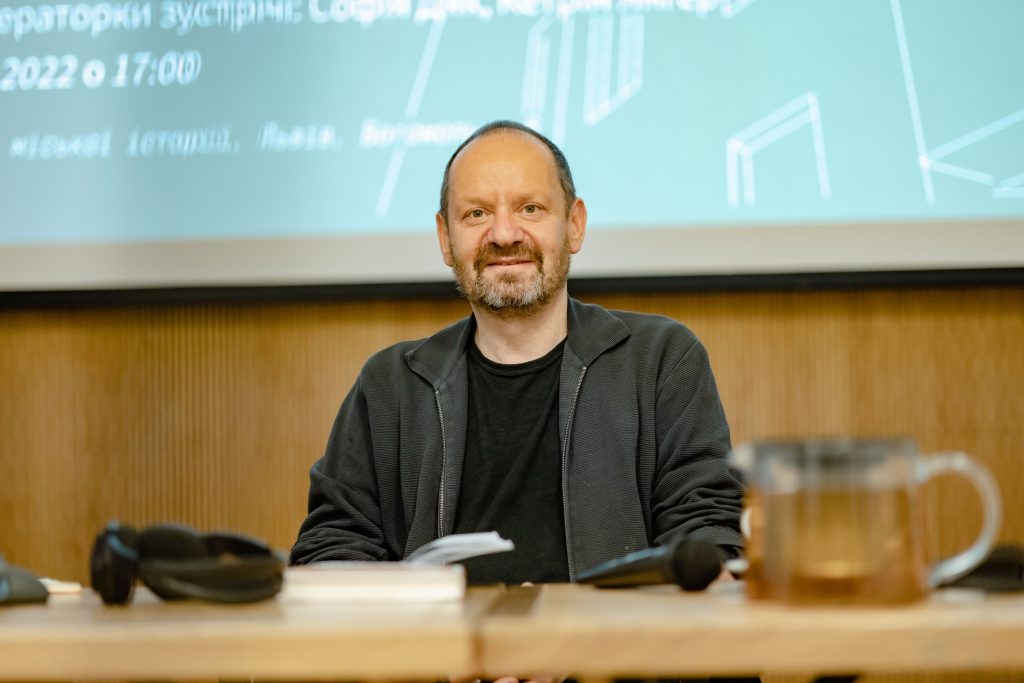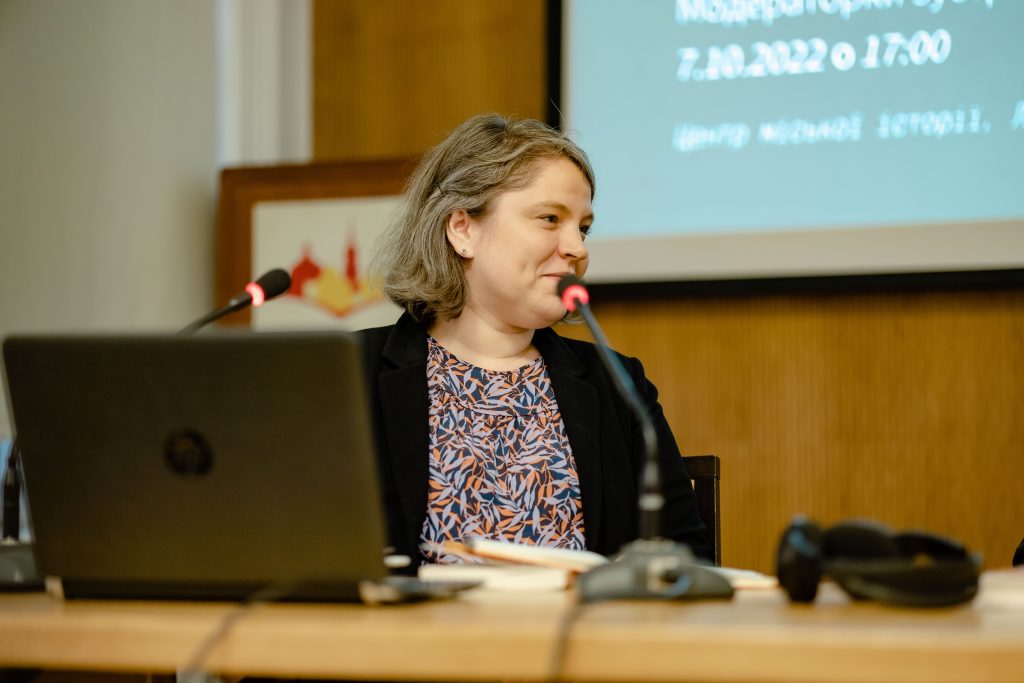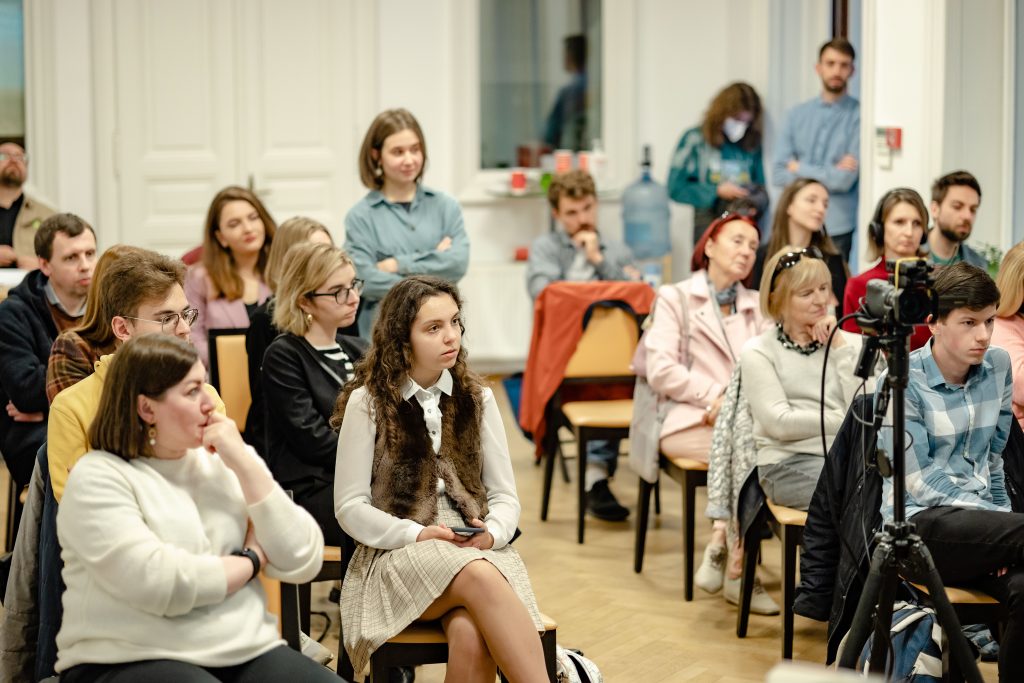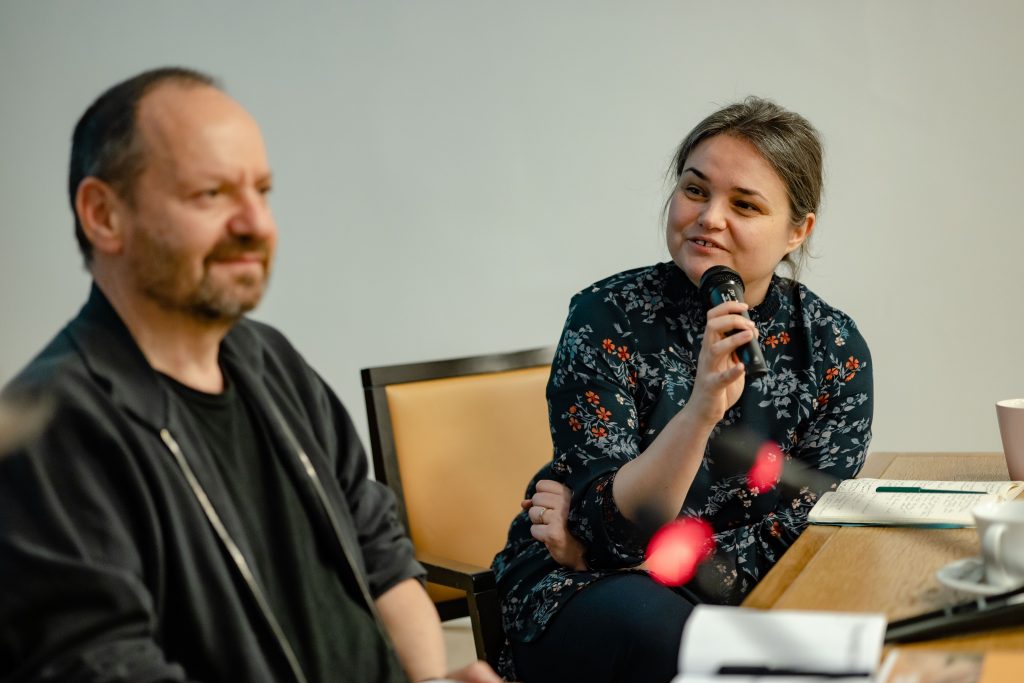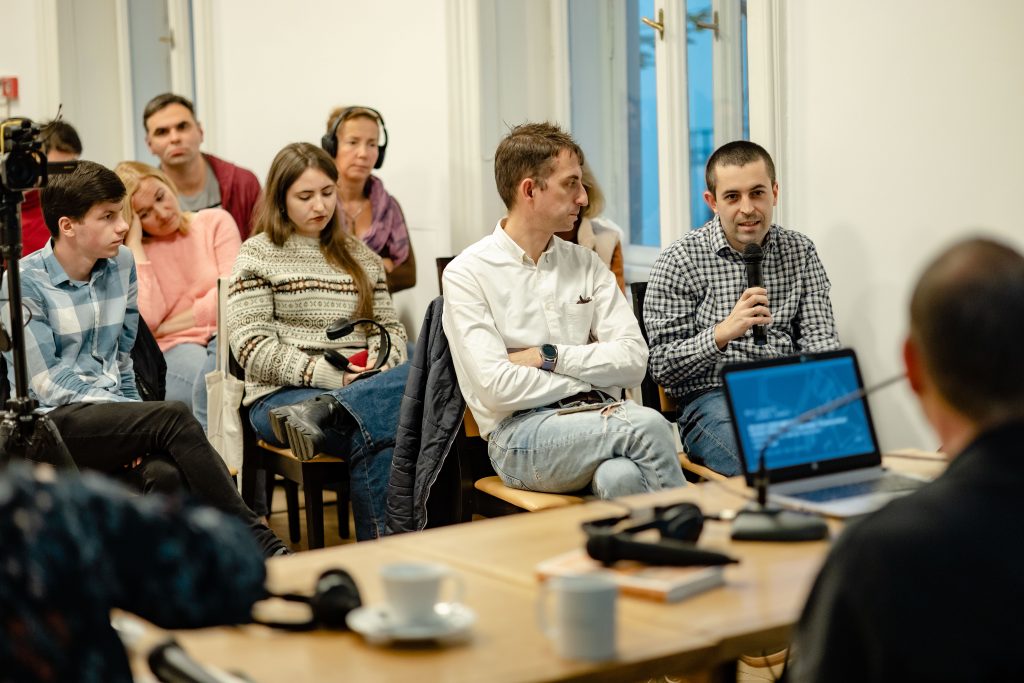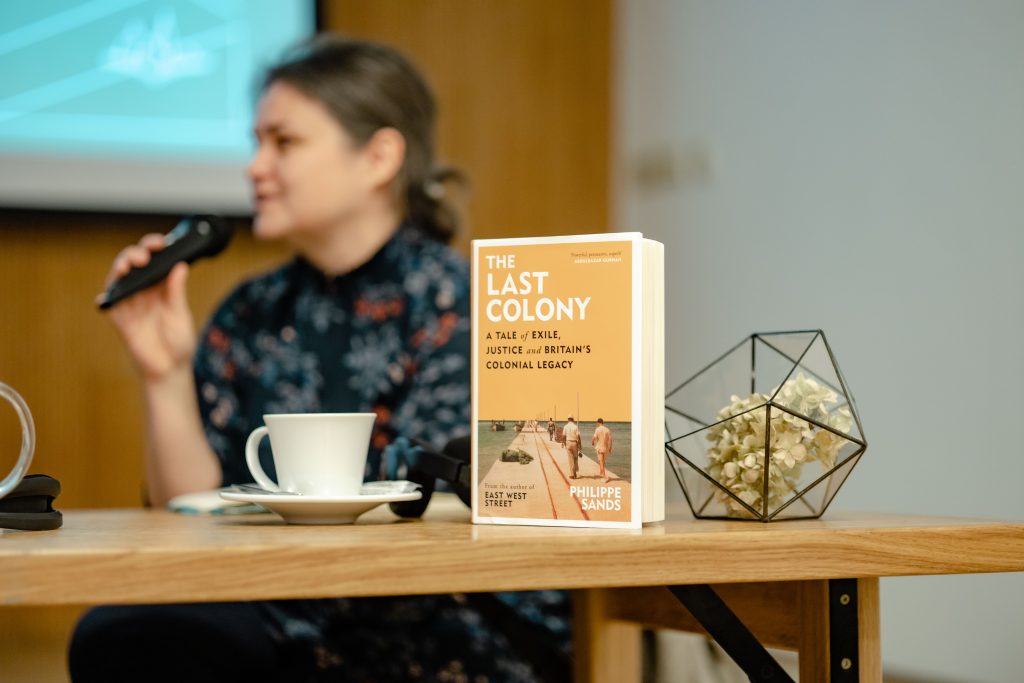Exile, Justice, and Legacies of Empire. A conversation with Philip Sands about the book "The Last Colony"
7.10.2022, 17:00
Conference Room of the Center for Urban History
We invite you to the conversation - "Exile, Justice, and Legacies of Empire" during which we will talk with Philippe Sands, Sofia Dyak and Katherine Younger about the book "The Last Colony". With this meeting, we will continue the "A Transient City" series.
Between 1967 and 1973, the residents of the Chagos Atoll were evicted twice by the decision of the British government: first to Peros Banhos Atoll, then to Mauritius. At that time a military base was stationed on Chagos Atoll. Only in 2006 was a group of Chagostians allowed to visit their home. Among them was Liseby Elysé. And almost half a century afterwards, Liseby, a native of the Chagos, testified in The Hague during a trial in which Professor Philippe Sands actively participated.
The history of exile demonstrates the brutality of colonial rule and decision-making without regard to the voice and rights of those whose lives they radically and brutally change. The history of justice, made possible after almost half a century, indicates the long shadow of the colonial legacy and the long road to The Hague and poses a series of questions. In particular, what can justice be in the case of a crime against humanity? What are the ways to achieve it?
Even though thousands of miles separate Ukraine and the Chagos, the questions of justice after the forced eviction resonate both with the events of Russia's current war against Ukraine and with the history of Lviv – a city that a Lviv lady Janina Hescheles outlined as a symbol of loss for “every exile from his/her native village or city, and every person from whom times of misfortune took away parents and relatives.”
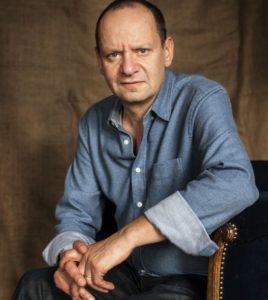
Philippe Sands
Professor of Law at University College London and practicing barrister at Matrix Chamber with experience in handling cases at the international courts, in particular the International Criminal Court and the International Court of Justice in The Hague. Philippe Sands was involved in cases concerning the Congo, Yugoslavia, Rwanda, Iraq and Guantanamo Bay. His book “East West Street” won the Baillie Gifford Award in 2016 and the Montaigne award in 2018. He actively cooperates with Financial Times, The Guardian, New York Review and Vanity Fair; President of English PEN and the Hay Festival of Literature & Art (Great Britain).
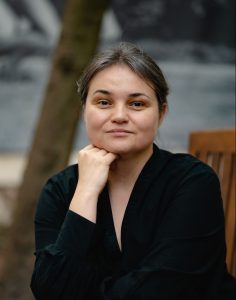
Sofia Dyak
Historian, PhD, director of the Center for Urban History. Dr. Dyak’s research interests include post-war urban recovery and transformation in Eastern Europe, heritage infrastructures and practices in socialist cities, and their legacies. Another area of her work is public history, in particular, projects in urban space and exhibitions.
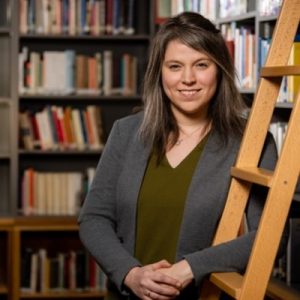
Katherine Younger
Historian, PhD, researcher at the Institute for Human Science and academic director of the Institute’s program “Ukraine in European Dialogue”. Her research concentrates on practices of international politics, forms of imperial governance, and the relationship between religion and power in the long 19th century. She leads the “Documenting Ukraine” program that was a response to the outbreak of Russia’s full-scale war against Ukraine.
The meeting will be held live in the conference room of the Center for Urban History
The conversation is part of the public program "A Transient City" which retrieves the intertwining of networks in a city living through different experiences of war back then and today
The meeting is organized by the Center of Urban History and the Law School of the Ukrainian Catholic University.
Credits
Cover Image: Fragment of the cover of "The Last Colony" by Philip Sands.
Gallery Image: Bohdan Yemets
